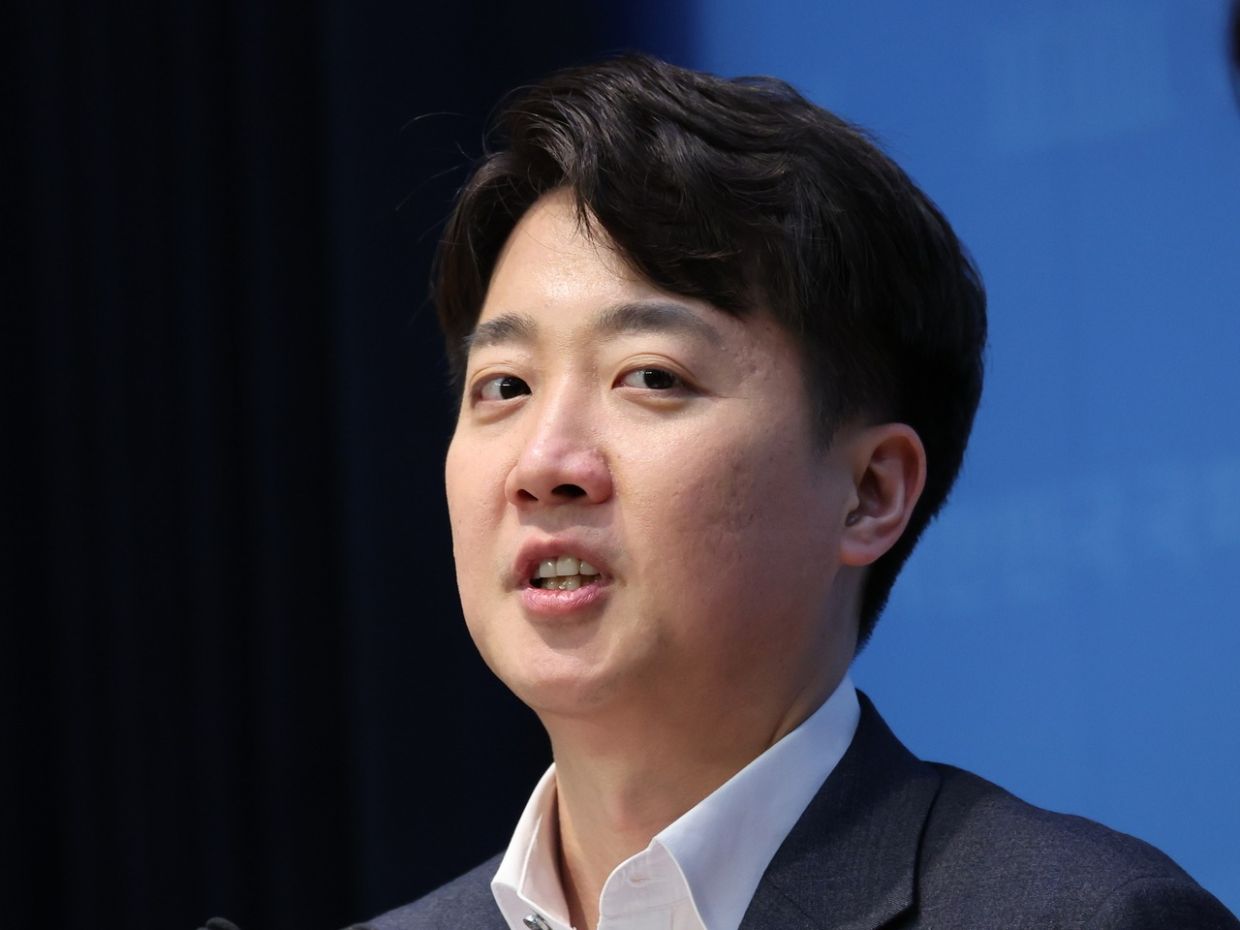
At about 8am on July 23, the man who would be Cambodia’s prime minister arrived in Phnom Penh’s Tuol Kork Primary School.
Reporters closed in on Hun Manet (pic) as soon as he arrived, shoving cameras in his face and shouting questions.
Patiently, the four-star general waded his way through the crowd with his wife, Pich Chanmony, to cast his ballot in Cambodia’s general election.
“I’ve just come to vote today, not to make a statement,” he said, inching forward while maintaining his trademark mild countenance, the corners of his lips slightly upturned.
An onlooker asked to take a photograph with him. He stopped and reached out to her, smiling broadly for the picture – just as his father would have.
Yet compared with Prime Minister Hun Sen, who has been in power for 38 years, 45-year-old Hun Manet remains an enigma.
Though he was chosen as the ruling Cambodian People’s Party’s (CPP) future prime minister candidate in 2021, he had never – until this year – run for election.
The eldest of five siblings joined the Cambodian armed forces in 1995, earning a bachelor’s degree from the United States Military Academy at West Point before proceeding to study for a master’s degree in economics at New York University and earn a doctorate in economics from the University of Bristol.
He rose up the military ranks to head Cambodia’s army before running as a CPP candidate in the recent election.
Amid criticism over the disqualification of a key opposition party, the ruling CPP won 120 out of 125 seats in the National Assembly and 82% of the valid votes cast.
Hun Sen, 70 – who has announced he is stepping down to make way for his son – on Thursday declared the high vote share an endorsement of his successor.
In the same breath, however, he appeared to set a benchmark for his son. If the CPP’s vote share dropped in the next election, he reportedly said, it would mean that people had been unhappy with his son’s governance.
Much of Hun Manet’s political views remain unclear.
On the campaign trail before the July 23 election, he kept a low-key presence, parroting his father’s warnings against “extremists” groups trying to derail the election.
Critics allege that he maintains the same distaste for dissent as his father, who has overseen a steady crackdown on the opposition and critical media outlets since 2017.
But Hun Manet has gained respect within the business sector, with which he maintained contact even while serving as commander of Cambodia’s army.
Some who have met him up close describe him as modest and engaging, and concerned about the sustainability of Cambodia’s export-oriented economy.
“Manet comes across as affable, sociable, progressive-minded and clear-minded in terms of national priorities,” said Michael Tan, chief executive of Aquarii BD Cambodia, a Phnom Phenh-based business consultancy. “He has no airs about him.”
In a region where one’s punctuality – more precisely, the lack of it – is used to convey power relations, Hun Manet breaks convention by sometimes turning up early for events where he is the guest of honour.
Dalton Wong, president of the Indonesia Chamber of Commerce in Cambodia, has met Hun Manet at various functions since 2014.
He says: “Usually, guests of honour would enter the hall after everyone is seated. But on a couple of occasions, he came about 10 to 15 minutes early and mingled with people at the reception.”
In March, he was again guest of honour at an American Chamber of Commerce charity dinner.
“He was very engaging, genuine in conversation, and his humility created a comfortable setting for an exchange of dialogue,” said Anthony Galliano, former president of the chamber.
“There were 500-plus people at the event and just about every one of them wanted to shake his hand and take a picture. He was extremely pleasant and tried his best to meet as many people as he could for a photo opportunity and short exchange... I think he met just about everyone in the room.”
In some conversations, he has questioned what he perceives as biased media coverage of Cambodia. He has also sought ideas on how to attract more foreign investment.
“He always asked how our local staff were doing, whether they were up to standard, or if there was any area they needed to improve on,” said Wong.
“He talked about sustainability, about growing the local economy in rural areas to help people sustain their livelihoods there without needing to migrate to the cities.”
Before the Covid-19 pandemic, Cambodia’s economy was expanding at a rapid clip of around 7% annually.
But that growth has been tainted by complaints of land allocations that favoured politically connected tycoons and alienated rural folk.
Tan said of Hun Manet: “I gather from what he was trying to convey, from various sound bites, was the need to build on, and continually improve, the government’s partnership with the people, to better connect with them.”
There is much expectation that Hun Manet’s appointment on Aug 22 will be accompanied by the installation of younger ministers, many of them scions of current officials.
Hun Sen has stated that Interior Minister Sar Kheng, Defence Minister Tea Banh, and National Assembly president Heng Samrin will vacate their positions and become supreme advisers to King Norodom Sihamoni. — The Straits Times/ANN










































